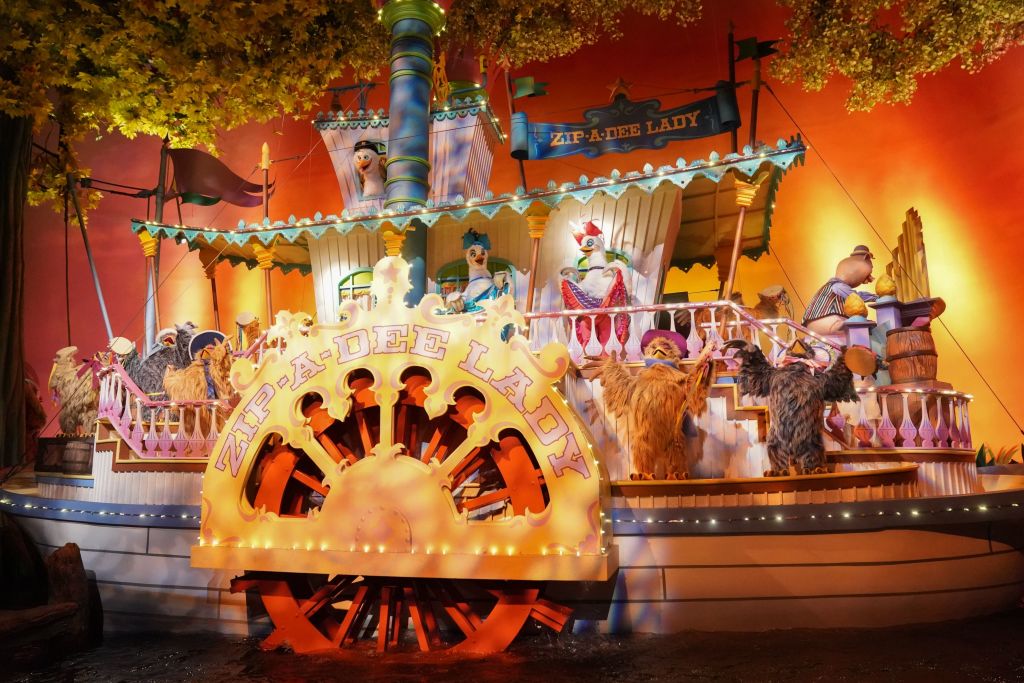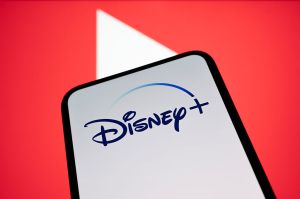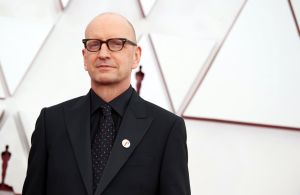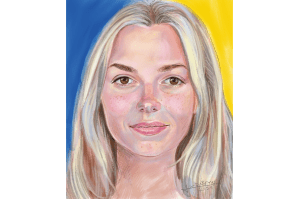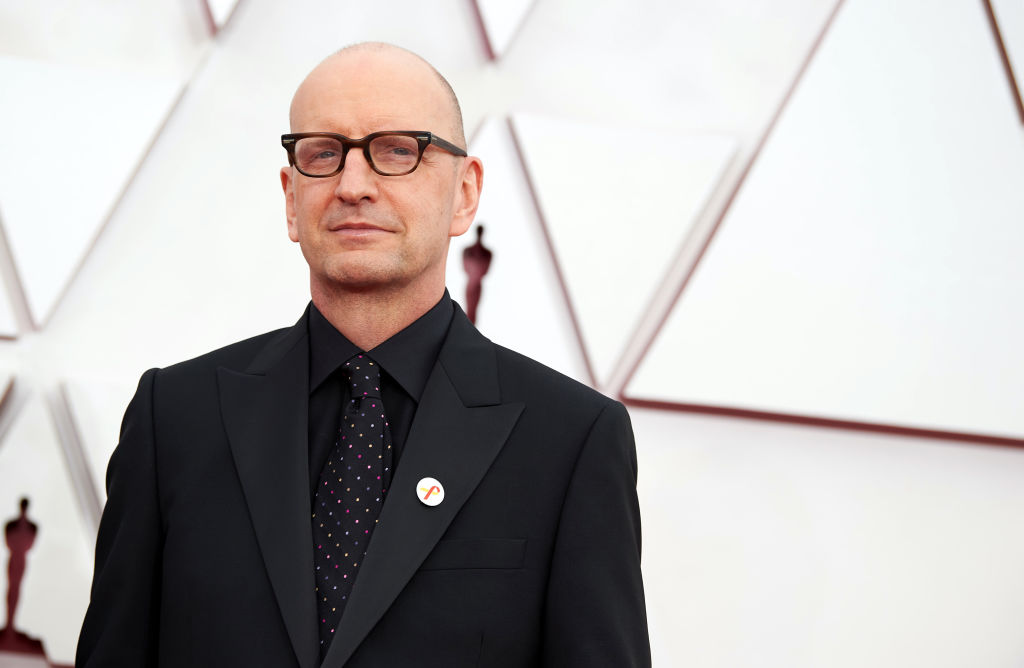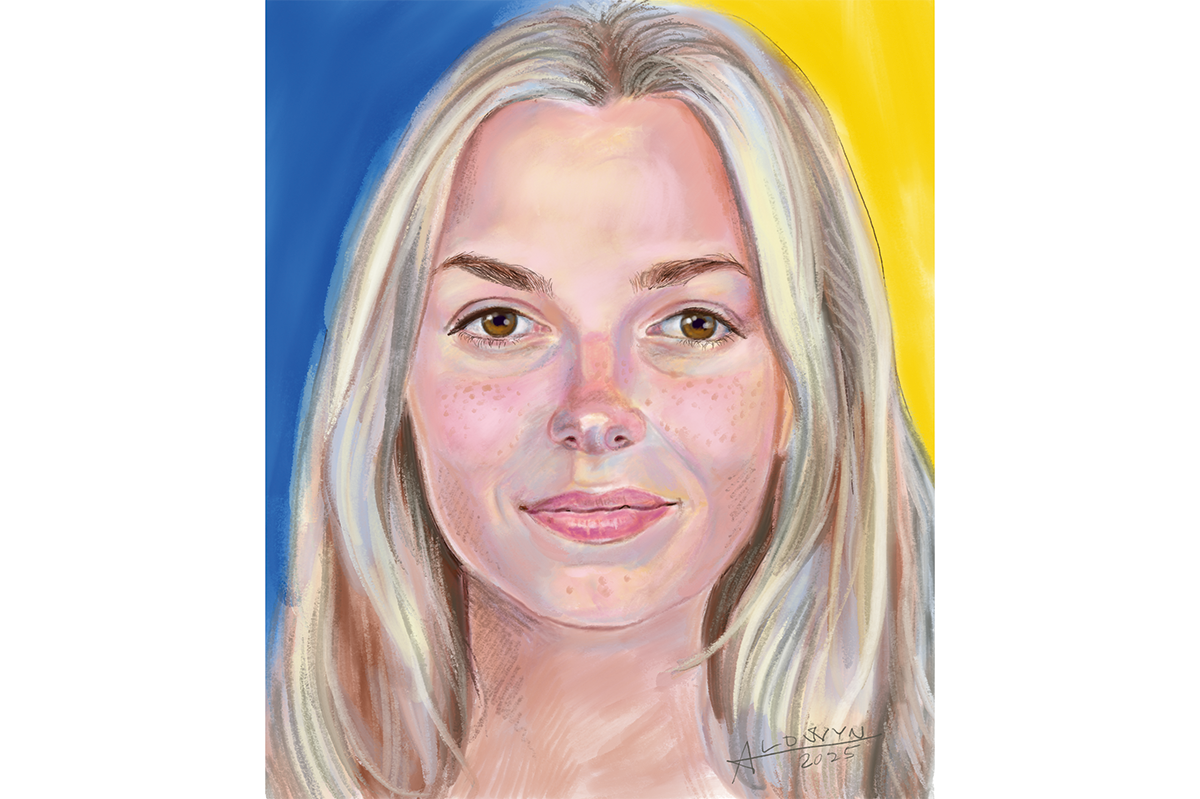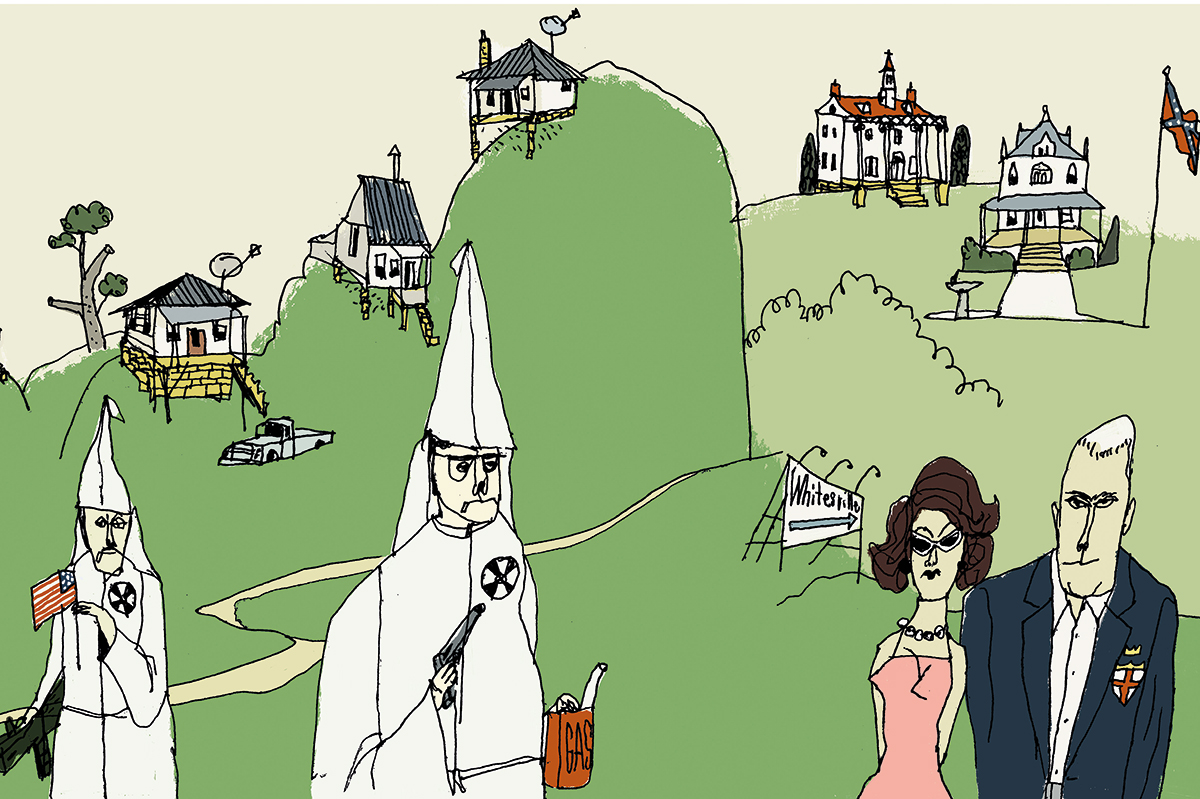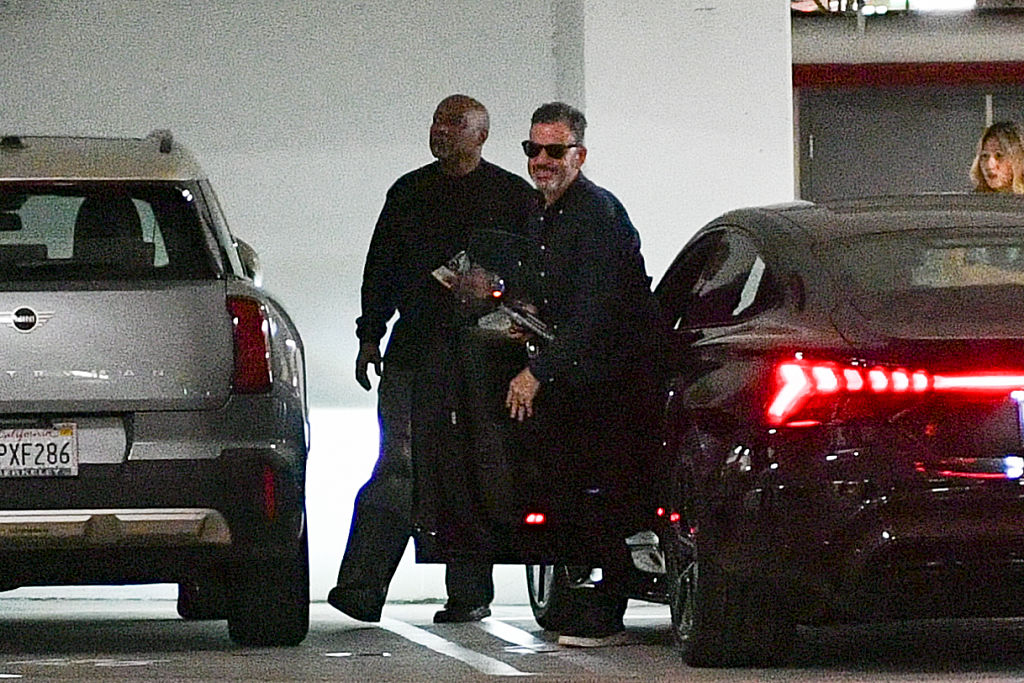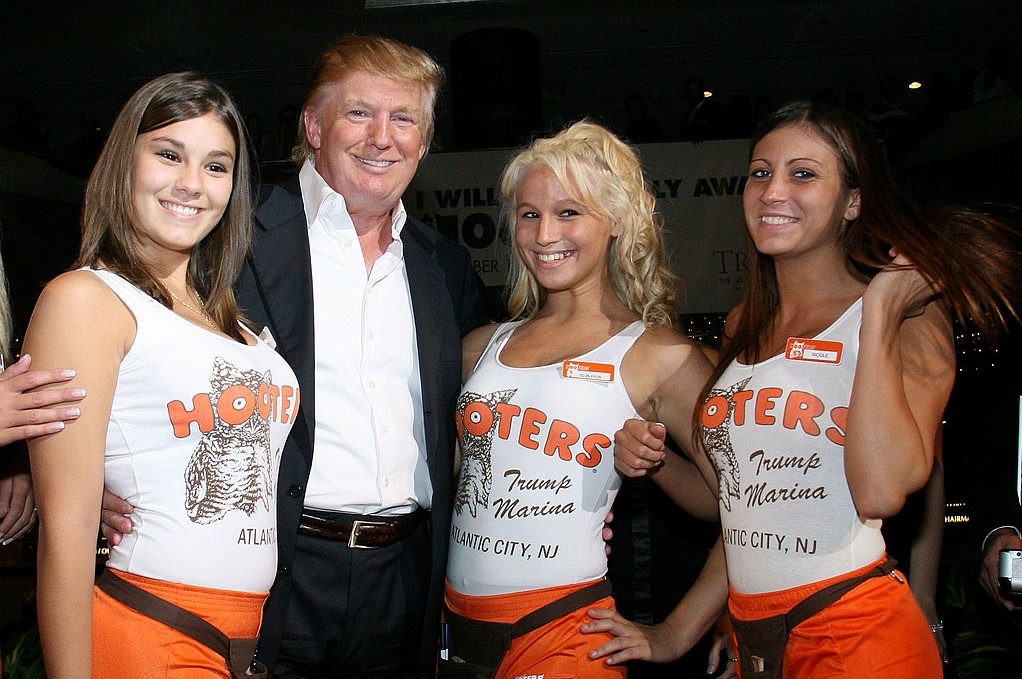Crowds lined up to say au revoir to a Southern California landmark — not Route 66, or the elementary school operating out of the remains of the Ambassador Hotel, where an assassin shot RFK. They were gathering for the month-long funeral of the Disneyland water ride Splash Mountain.
Since 1989, visitors have ridden boats up a mountain, past the animatronic Brer Rabbit escaping the briar patch, bumping into Brer Bear and Brer Fox, who kidnap him. As they toss the bunny off a cliff and down a river, the ride’s riverboats fall down the mountain after him. Miraculously, both Brer Rabbit and the log-flume passengers survive. The survival is never explained, but visitors rarely notice because they’re enraptured by the grand finale rendition of “Zip-a-dee-doo-da.”
It’s weird, it’s strange — still, so is most of the Disney canon. But Splash Mountain comes from 1946’s racist Song of the South. For years Disney got away with the connection because Song of the South had been removed from circulation and thus close scrutiny. Since then it has been impossible to see it unless you bought a Japanese bootleg online, so most people rode Splash Mountain and sang along to “Zip-a-dee-doo-da,” unaware of its origin.
This all changed during 2020’s pandemic lockdown, which coincided with Black Lives Matter protests of police killings of unarmed Americans. Social-media users connected Splash Mountain to Song of the South, and in June 2020 Disney announced it would shutter the ride and retheme it to revolve around their first black princess, Tiana of 2009’s The Princess and the Frog. Disney’s press release went viral, obscuring simultaneous stories about the company’s furloughing 43,000 theme park workers and filming the live-action Mulan remake in Xinjiang near China’s horrific Uighur concentration camps.
I was one of many made uncomfortable by coming to grips with my enjoyment of Splash Mountain. I loved it. Till my Midwestern cousin Shelly bought me a bootleg of Song of the South on eBay, I thought “Zip-a-dee-doo-da” was a Michael Jackson song. Or maybe Louis Armstrong; my mother often blasted their covers of it. Of course I didn’t believe there should be slavery-inspired theme park attractions, and I wasn’t sure how to reconcile my love for the ride with these hard facts, so I decided to watch Song of the South and ride Splash Mountain one last time before its May 30 closing.
Like 1939’s Gone with the Wind, Song of the South glorifies slavery. It is based on an outdated but important work of American literature, a collection of the Uncle Remus “trickster” folk tales, which inspired Toni Morrison and William Faulkner.
But unlike Gone with the Wind, it’s a horrible movie with few redeeming qualities. Following his parent’s divorce, young Johnny goes to live at his grandma’s Georgia plantation, where he listens to freed-slave Uncle Remus’s folk tales. The Disney animators transform these racist tales about characters like the Tar Baby into colorful cartoon musical numbers. They’re bright enough, but their racism made me squirm.
It’s strangely unclear when the film is supposed to be taking place: the black characters are free, but they continue to live on a plantation, singing cheery spirituals in the field. The film looks Antebellum but seems to take place during Reconstruction — Disney can’t even get his racism straight.
The impulse to erase Song of the South ironically obscures two standout early black Hollywood performances. As she does in Gone with the Wind, Hattie McDaniel out-acts everyone on screen, despite playing yet another maid. As Uncle Remus, James Baskett belts “Zip-a-dee-doo-da” with a bluebird on his shoulder. It’s moving, it’s campy — and it’s hard not to tear up… until you remember you’re watching a former slave describe his wretched living conditions in a chipper metaphorical whitewash of crimes against humanity.
The film’s so awful I couldn’t finish it, but I was trying to understand Splash Mountain, so I headed to Disneyland.
Once I entered the park, I followed skipping children down Main Street, through Frontierland, up to the log-flume on the hill. Jazz played; water splashed. But no boats fell down Splash Mountain — the ride seemed to be closed. A man in a Brer Rabbit shirt lined up at a rope with his mourning family.
I approached an employee — excuse me, a cast member — wearing old-fashioned striped clothing that could have passed for either Antebellum or Midwestern Mennonite: as in the movie, the period design was all over the place.
“Is it open?” I asked.
“It’s closed,” she said. The ride had broken down only a few weeks before it would be shuttered for good.
“When is it reopening?”
“We aren’t sure, friend!” she said. Her cheer disconcerted me.
Unable to Splash one final time, I fought through the crowd to Fantasyland, where I joined a shorter-than-usual line for Peter Pan, figuring I’d enjoy some innocent fun. I boarded a boat, soaring over a bedroom, out a window, over a miniature London to Neverland. I passed Pan, Wendy, Captain Hook and a crocodile, then gasped. Below me sat criss-cross-applesauce Native American animatronics, painted red in a vile reenactment of the vile “What Makes the Red Man Red” scene from Peter Pan. After I exited my flying boat, I noticed a statue of a Native American outside a movie theater playing “Steamboat Willie” on repeat. I pulled out my iPhone (manufactured with slave labor in China), and typed myself a note about how Disney claimed to be improving the situation and how many racist caricatures remained.
Then I marched down Main Street in my child-labor-produced leather boots, proud of celebrating the closing of a ride, just another hypocrite calling out hypocrites in a nation of them. Zip-a-dee-doo-da, indeed.



